Tashe, translatable as wakeup-call or get up is a popular (but a dying) Hausa cultural practice that is mostly done during the holy month of Ramadan.
The word tashe is said to have gotten its origin from the act of waking people to take food at night known as sahur in order to fast for the day.
While most people engaged in the practice for how lucrative it was. As after the day’s fast is broken at dawn, young men and women with children alike all gather up in groups and match to several homes for the show.
How Tashe is Done
With rags and unfashionable clothes, the young generation of enthusiasts match around beating drums buckets as well as gallons to entertain the inhabitants of the region for a little token in return.
They usually sing songs of praise and enchant the households. In return, these individuals give them gifts of different proportions to show their appreciation for the craft being displayed.
Others engage in dramatic plays of some Islamic and Hausa morals and traditions. Sometimes, it is seen that women mostly dressed in men’s clothes partake in these dramas, where they act in a manner a wife is expected to behave towards her husband. Others depict how children should act to their parents.
But the practice differs from region to region as cultural predisposition plays a major role in determining how the practice would be. People also engaged in Tashe to tell a story of past events or express an emotional display for that event.
For example, after the civil war, in Kano state, they started a form of Tashe called “Ngozie uwar Ojuku” to shake off the tremor the war had caused.
The act isn’t done only by the young generation, the older generation also partakes in the tashe festivities.
Although theirs take a much different turn, particularly to wake young unmarried men, owning to the fact that they don’t have wives to wake them up for sahur.
Why the Practice is Slowly Dying
With modernity, the fast-growing rate of technology and urbanisation, the practice of tashe is slowly going extinct.
Most youngsters and children (male and female) being the major participants aren’t interested in such practices.
They’re mostly engaged with their smartphones and other technological gadgets such as video games, while others are hooked up to their televisions for the several TV shows available.
Also, with the increase of Sunni practices across the country, it has played a major role in the reduction of such tradition, as it has no prophetic history to it.
Furthermore, the rise of insecurity within Nigeria and the world at large has caused a drastic effect on the acceptability of Tashe. People are always sceptical about gatherings and strangers, and these have caused a great deepening to the already wounded festival.
Conclusion
No matter what the reason is, the festival of tashe is fastly becoming a thing of the past, more individual stories would need to be documented to preserve it. No one can brag about their history if they haven’t judiciously documented it.
Do check out how sharo festival is done in northern Nigeria.


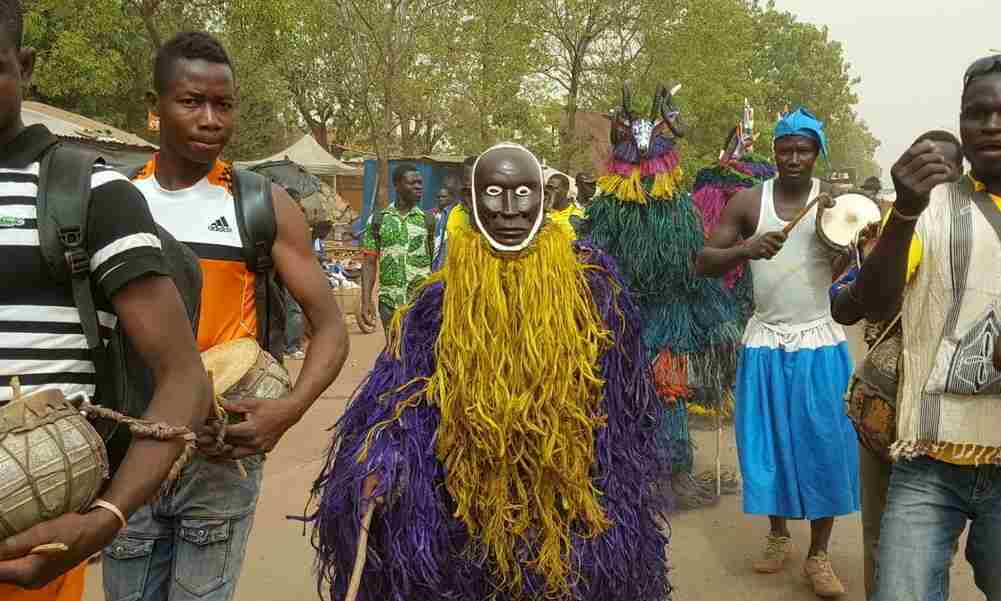
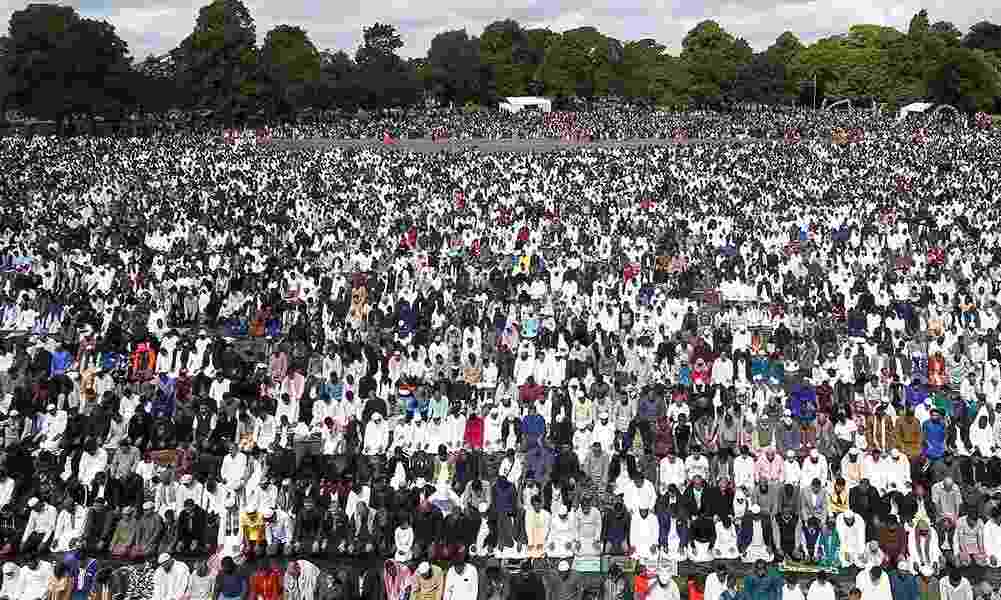
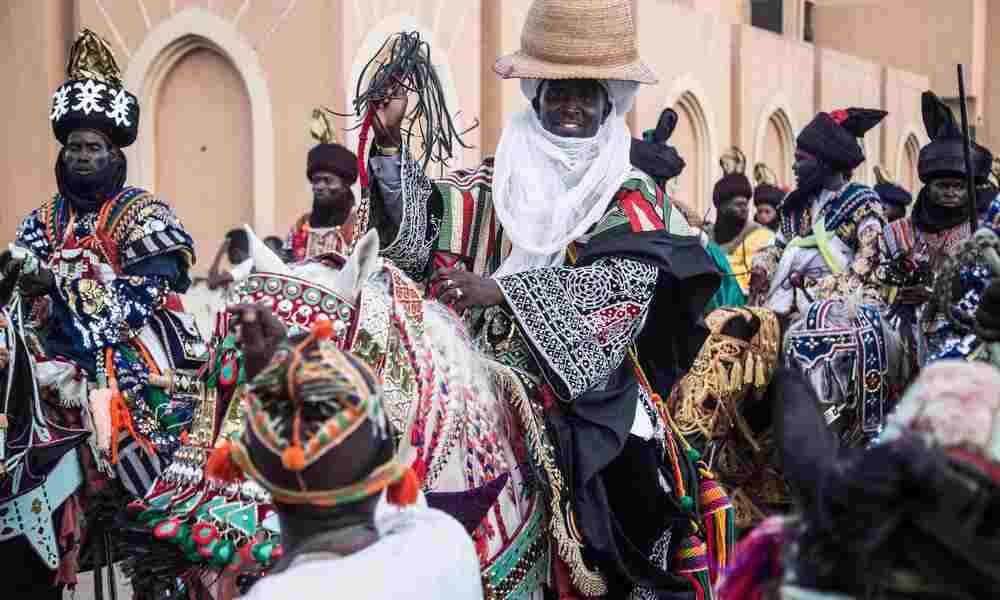
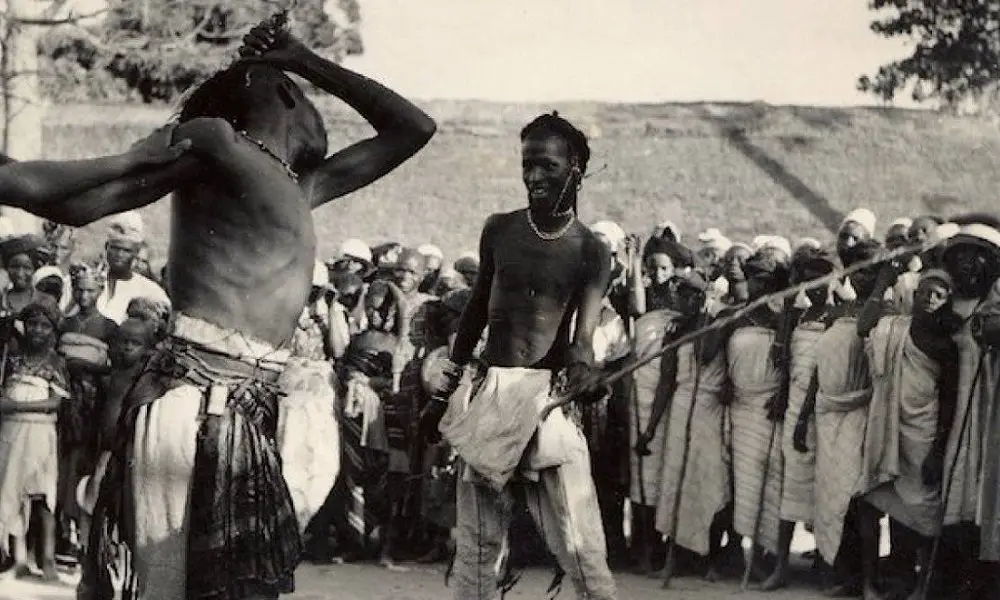



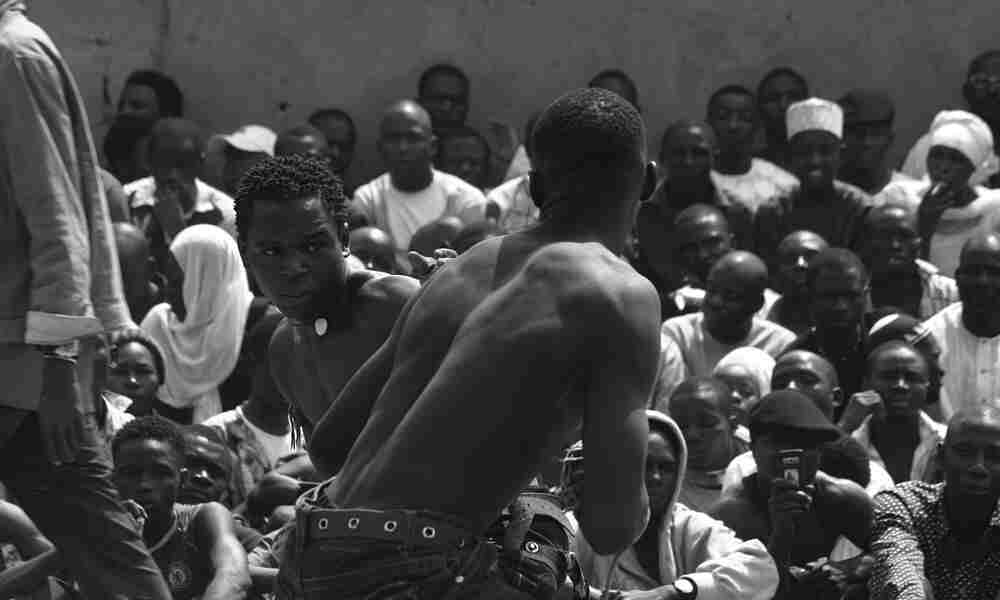



Do you feel we can revive the practice this festival in present day northern Nigeria?